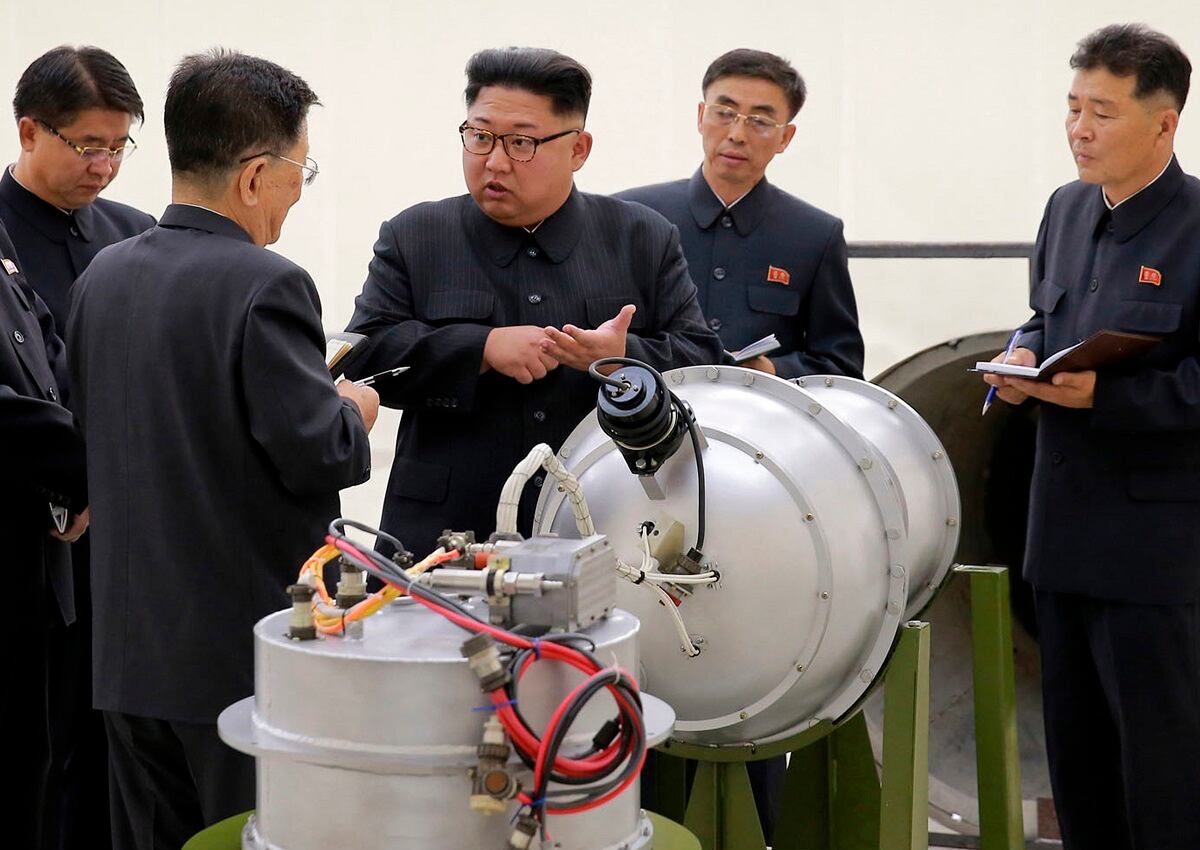MELBOURNE, Australia – President Donald Trump’s proposal to end U.S.-South Korea exercises following his meeting with North Korean leader Kim Jung Un bear some similarity to a previous proposal by China to end the standoff on the Korean Peninsula known as “freeze-for-freeze,” whereby the U.S. and South Korea will suspend exercises in exchange for a freeze on North Korea’s nuclear program.
However, there was no indication that the North Koreans have agreed to such a freeze at the summit, with both sides instead signing a communique that pledged to work towards a nuclear-free Korean Peninsula among other things, although details on how to achieve this remained to be worked out.
The announcement to stop the exercises appears to have taken both militaries by surprise, with U.S. Forces Korea spokeswoman Lt. Col. Jennifer Lovett telling Reuters that the command “has received no updated guidance on execution or cessation of training exercises” while NBC has reported a South Korean military official as saying that they needed “to find out the exact meaning or intention behind his comments.”
RELATED

Regional watchers that spoke to Defense News have also expressed surprise at Trump’s remarks, although they also agreed that more details about the end to the exercises need to be made available before a more accurate assessment can be made about impact on regional security and the U.S. alliance with South Korea.
Dr. Collin Koh, a Research Fellow at the S. Rajaratnam School of International Studies’ Maritime Security Program, told Defense News that the main question was “whether a blanket moratorium on all USFK exercises would be implemented, or some form of scaling back or removal of certain elements,” noting the various exercises include both defensive and offensive elements. North Korea’s main complaint about the exercises is directed at the long-range power projection capabilities such as strategic bombers, aircraft carriers, nuclear submarines and amphibious assault forces at the exercises, along with the notion of “decapitation” of the key DPRK political and military leadership.
That assessment was shared by Professor Kim Jae-Yeop, a visiting professor from the Graduate School of National Defense Strategy at South Korea’s Hannam University who said that it was unclear if President Trump was talking about only ending the participation of strategic assets at such exercises. He also pointed out that a similar suspension to such exercises occurred in 1992, during a previous effort at negotiating an end to North Korea’s nuclear program.
However, both experts cautioned against unilaterally and abruptly ending the joint exercises, with Kim noting that unless North Korea is willing to dismantle its nuclear program and arsenal quickly, Trump’s move will “inevitably bring about criticism for undermining the alliance with South Korea.” Koh warned that while “there is a delicate balance there to strike between this operational-strategic imperative and the political one, a total moratorium on the exercises could be seen as debilitating to peacetime maintenance of operational readiness for a wartime scenario.”
Mike Yeo is the Asia correspondent for Defense News.







